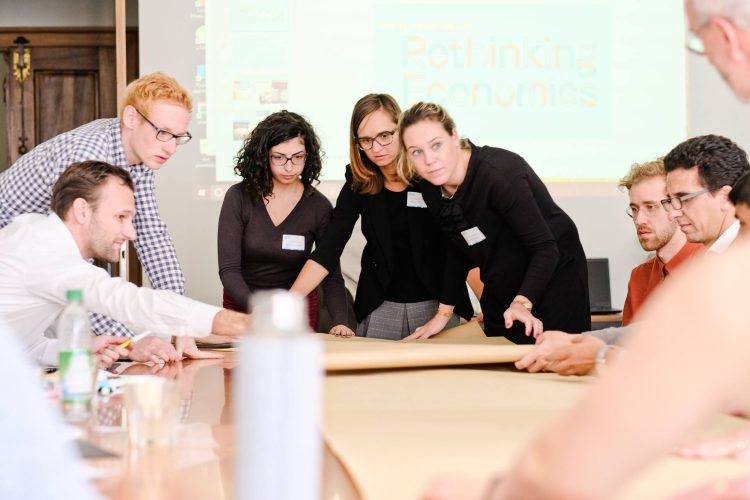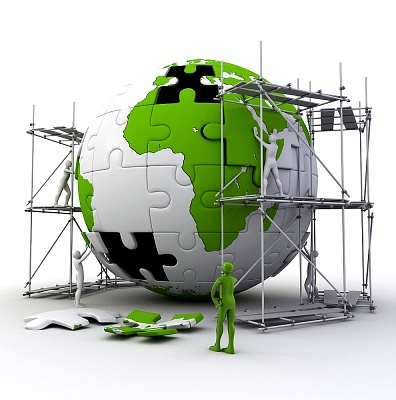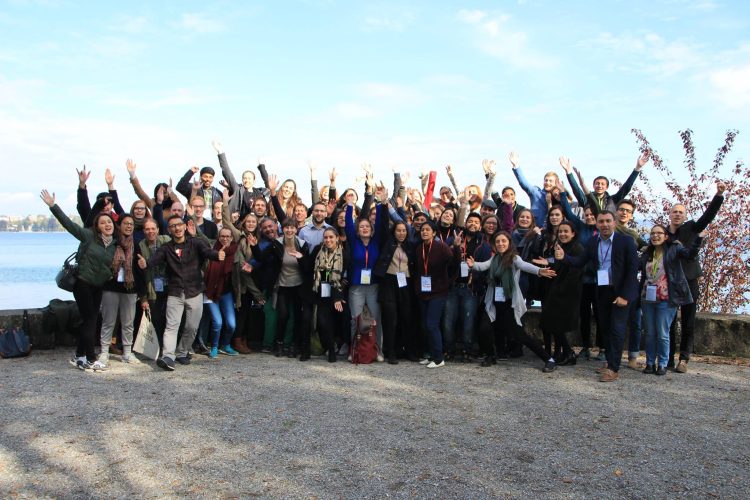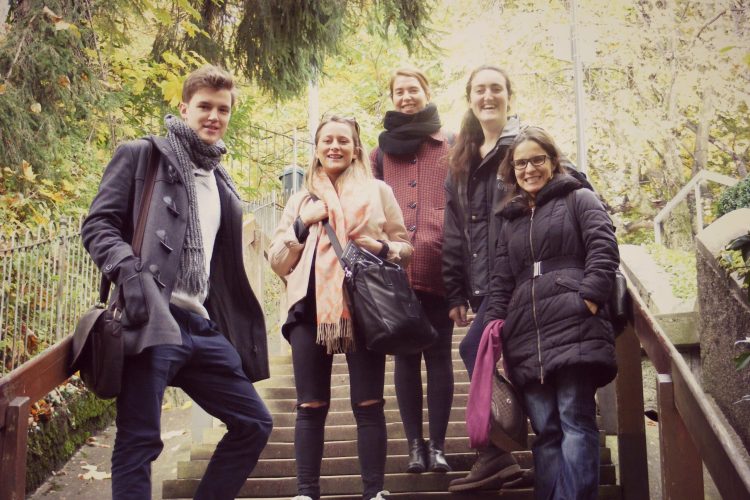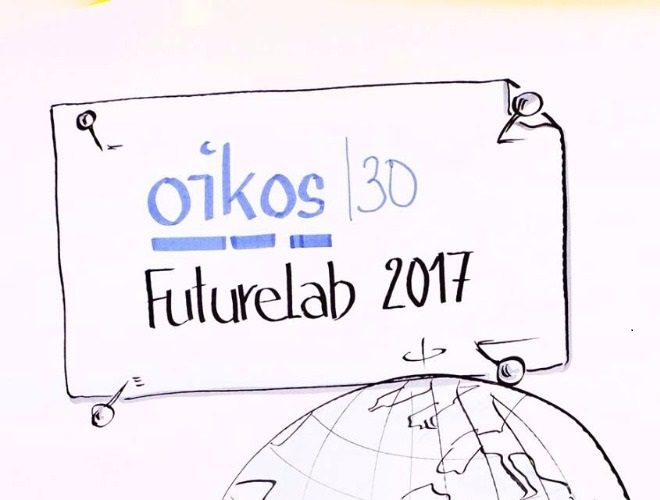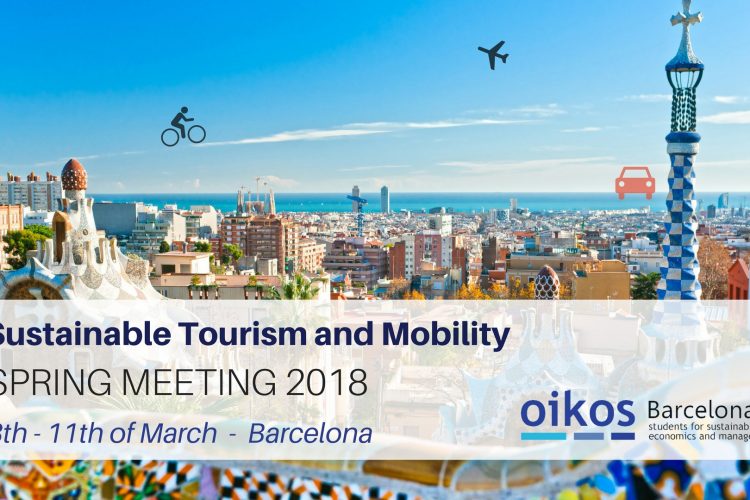As most of you know by now, we celebrated the oikos 30th Anniversary in St. Gallen, Switzerland! We were extremely delighted and excited to share this happy ocassion with the...
Economics can be a pretty dull subject, both in the way it is presented and in the types of ideas it includes. But oikos is working to change that!...
oikos launched the call for cases for its annual oikos Case Writing Competition 2018. The competition promotes the creation of high quality teaching cases on Sustainable Finance, Corporate Sustainability and...
by Renée Horster From Saturday, the 7th October to Wednesday, the 11th October 2017 a group of around 60 participants from 25 nationalities got together in Kreuzlingen to kick-off...
It’s that time of the year! We are looking for motivated and passionate individuals who would like to organize the biggest event in the annual oikos calendar – the...
This year, Christian Eggenberger, Graphic Recorder at the innovation-factory.ch, followed the keynotes and workshops of our oikos FutureLab. He transformed what he’s heard into pictures and created beautiful tableaus,...
Come and be a part of the oikos Spring Meeting 2018 in Barcelona, Spain. Don’t miss this opportunity from 8th to 11th March to experience the oikos spirit! Click here...


